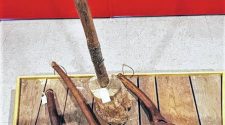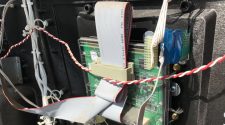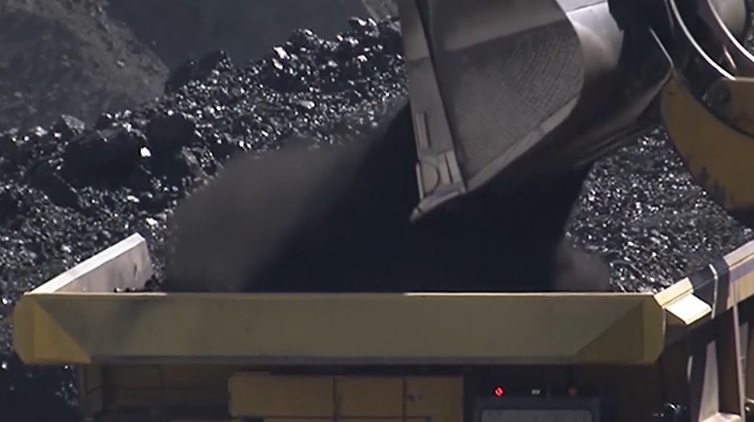(WYMT) – The federal black lung disability fund is deeply indebted, some experts estimate it could be nearly $1 billion in debt.
For miners or their widows who use it, it is where they get their benefits and health insurance.
As major coal producers file for bankruptcy, most recently with Murray Energy, the fund continues to risk bearing the brunt of financial responsibility,
First, let us break down how the fund works.
The fund gets its money from a coal tax: $1.10 for every ton of underground coal and fifty-five cents for each ton of coal mined on the surface.
That tax has remained the same since the 1980s – until this year. Amid a government shutdown, there was no extension of the tax, and now those tax rates are cut in half, sending the fund into further debt.
Multiple times miners and representatives have gone to Washington to voice their support of restoring the tax.
Roughly 90% of miners or their widows receive their black lung benefits through the individual coal or insurance companies, the other 10% get their benefits through the federal fund.
“Particularly that fund covers benefits for coal companies that are no longer in existence or there’s no insurance coverage,” said Wes Addington, the executive director at the Appalachian Citizens’ Law Center in downtown Whitesburg.
The Law Center handles cases for those who got black lung while working in the mines.
“We handle a number of cases in which the only possible responsible entity is the federal government,” he added.
Bankruptcies by major coal producers can often just mean restructuring, and the company would still be responsible for paying, but other times that is not the case.
“We don’t necessarily know at the beginning of the bankruptcy whether they’ll come out of the bankruptcy and still have the obligation to cover the black lung benefits,” he said. “If it’s a complete liquidation sale often the benefits will be transferred to the federal government.”
If the latter happens to a big coal producer, thousands of people collecting the benefits may get transferred to that fund, and the tax revenue could stop coming in. Addington does say for those collecting from the fund, do not be worried yet, but follow along with the issue.
“Benefits are continuing but if the fund keeps going deeper into debt there’s a risk that Congress could decide that they’re gonna cut benefits or make it more difficult for miners to get black lung benefits,” he added.
He recommends calling your local representative to voice your concerns over the fund.















